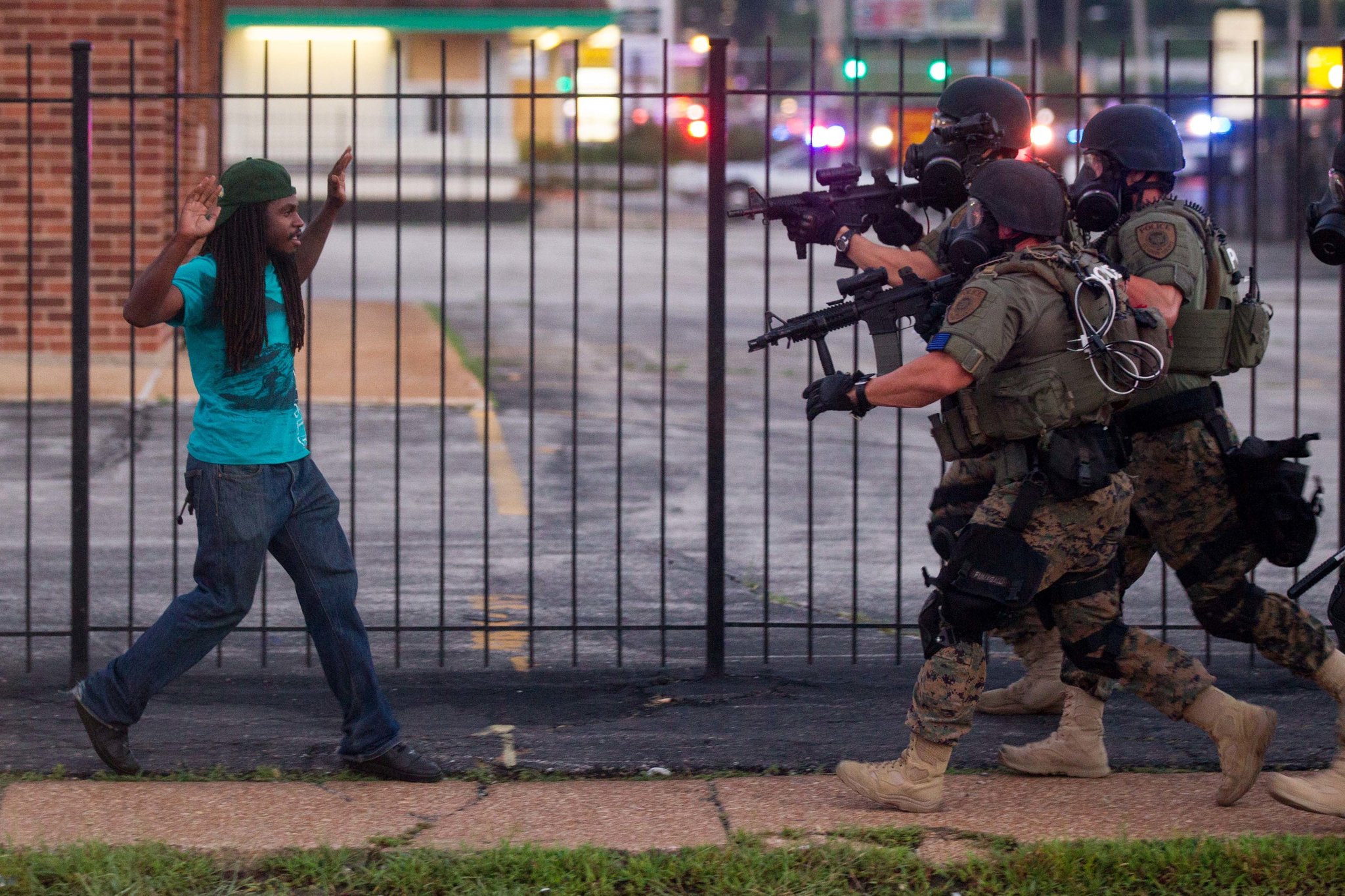The understanding is supposed to be that the troops serve on whatever mission is ordered, and the government doesn’t order them to risk their lives for a political folly.
– Unknown
On May 11 Paul Waldman had a piece in The American Prospect, Should We Relitigate the Iraq War in the 2016 Campaign? You Bet We Should. In it he offered a list of questions for 2016 presidential candidates. I noted it at the time. Waldman’s questions force the issue of how the candidate would act on what they do know and how they would deal with uncertainty. His questions are forward-looking – and that should be a good thing. Unfortunately, we don’t appear to be ready for it. If we were then statements to the effect of “knowing what we know now…” re Iraq would be immediately called out as bullshit by everyone within earshot. They are not. Today James Fallows summed up concisely why saying “knowing what we know now…” is bullshit:
- The “knowing what we know” question presumes that the Bush Administration and the U.S. public were in the role of impartial jurors, or good-faith strategic decision-makers, who while carefully weighing the evidence were (unfortunately) pushed toward a decision to invade, because the best-available information at the time indicated that there was an imminent WMD threat.
- That view is entirely false.
- The war was going to happen. The WMD claims were the result of the need to find a case for the war, rather than the other way around.
He then gets into the details at length.

